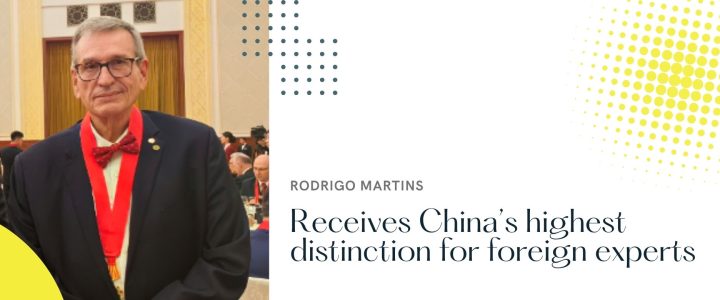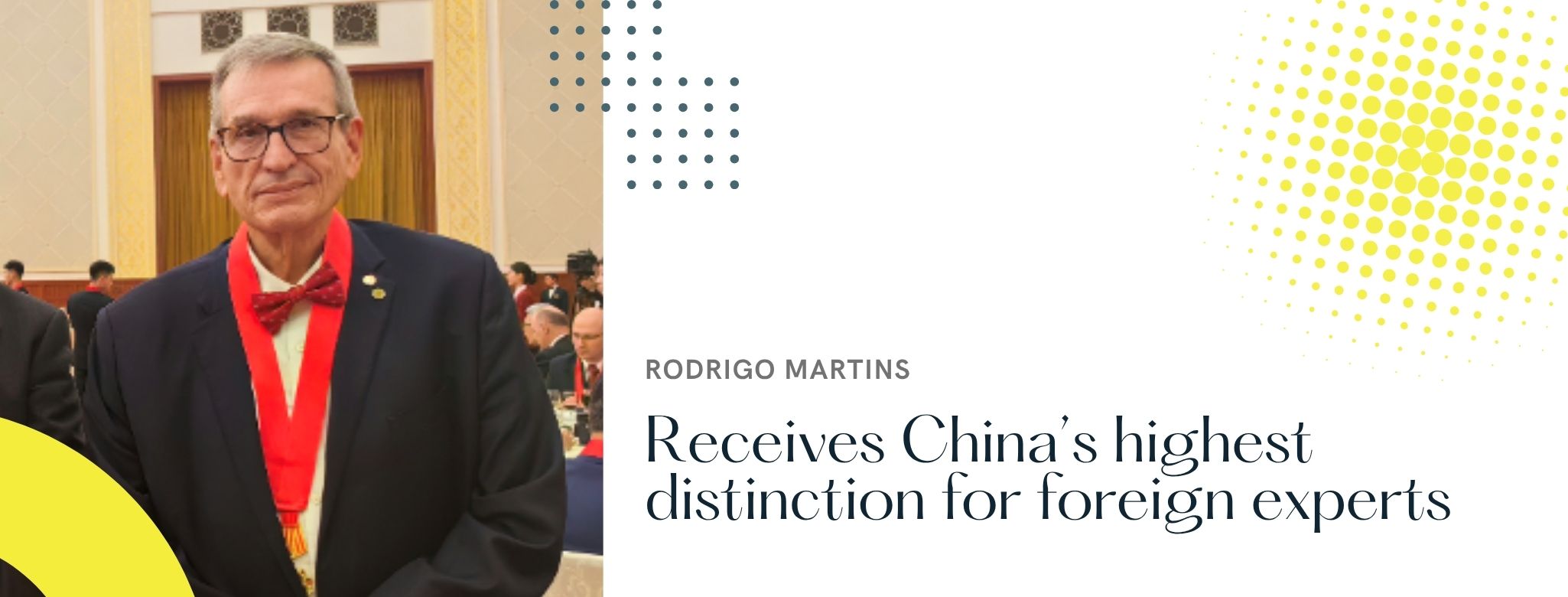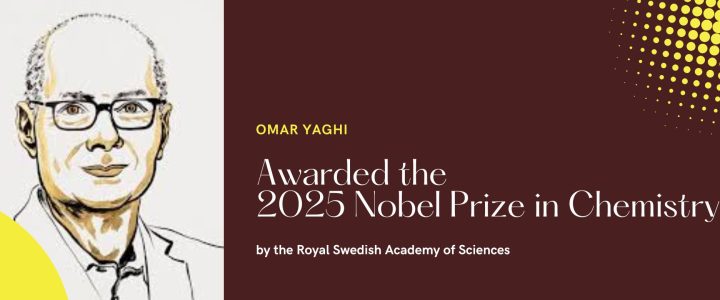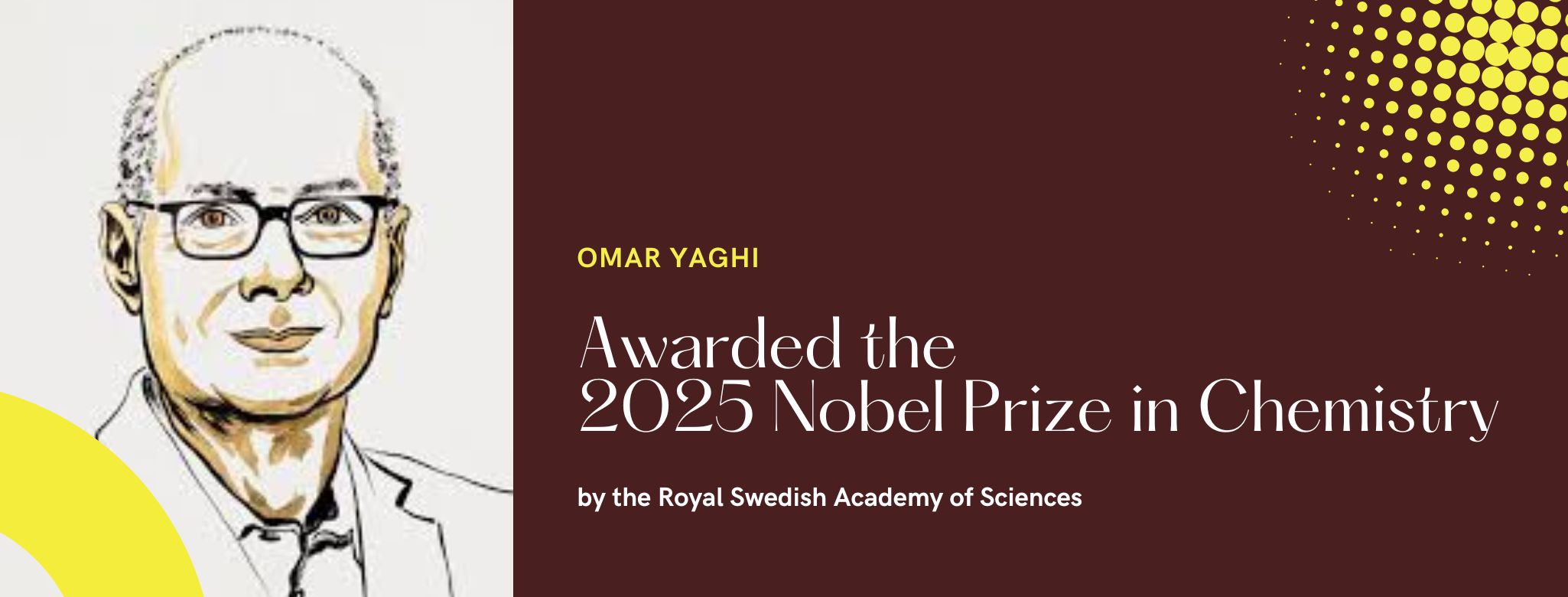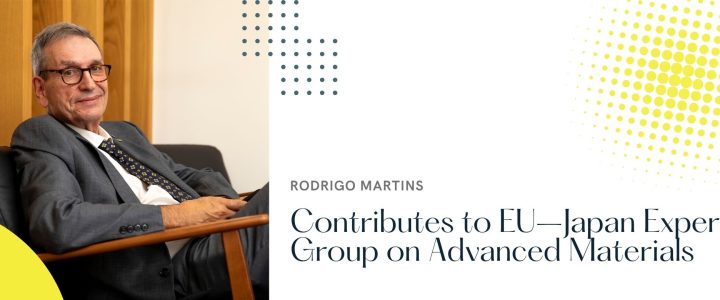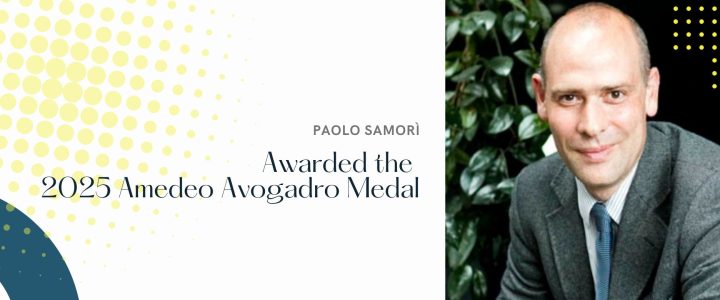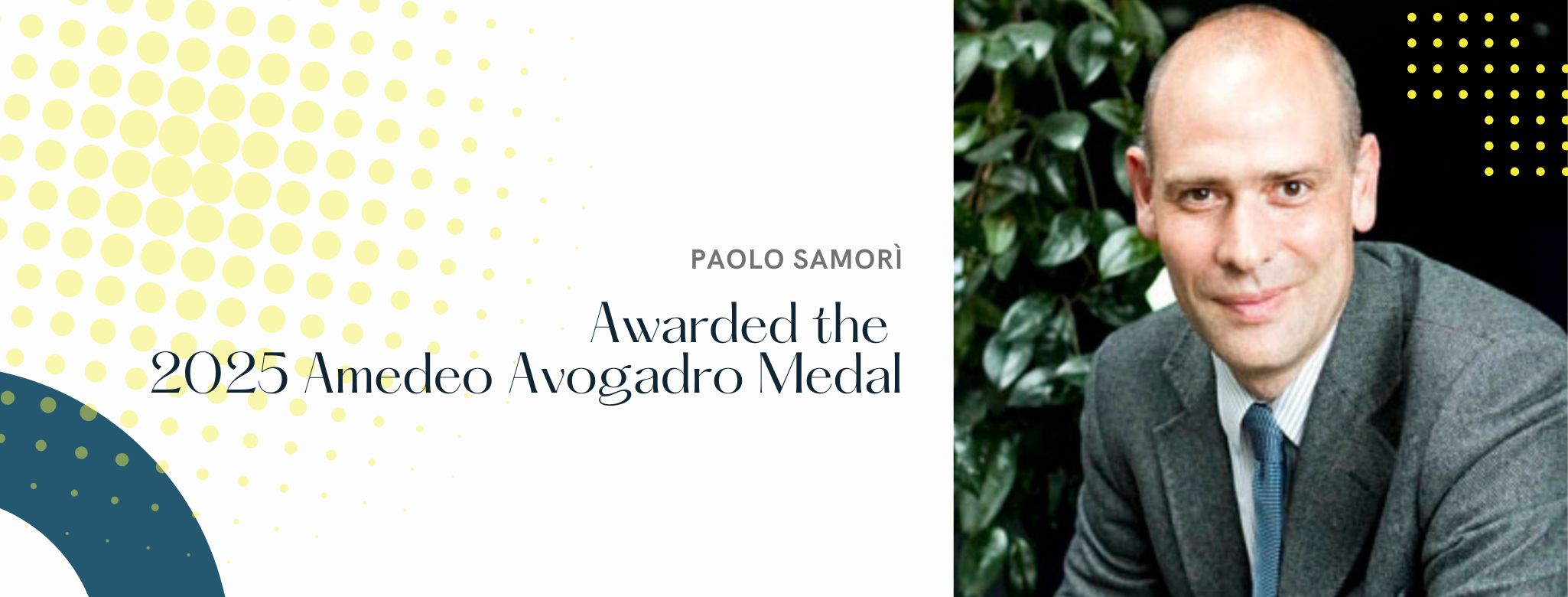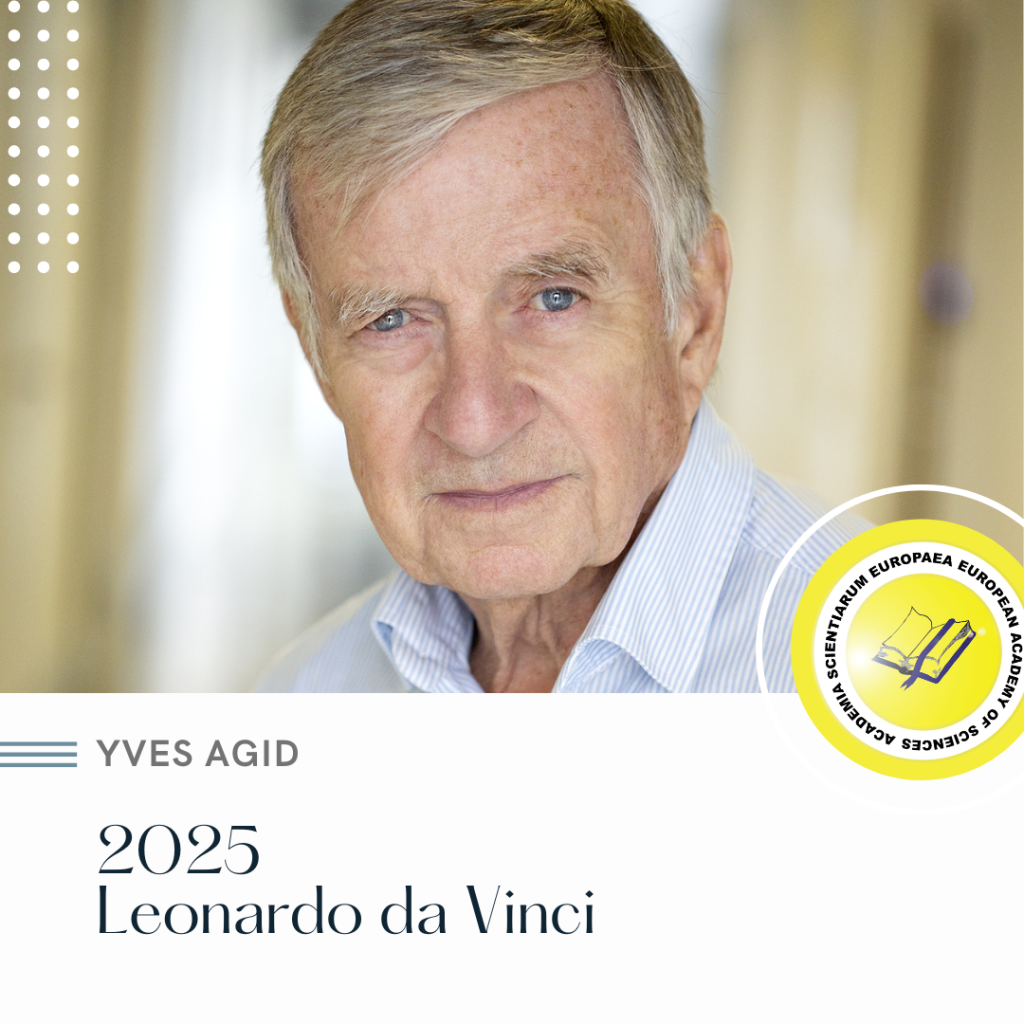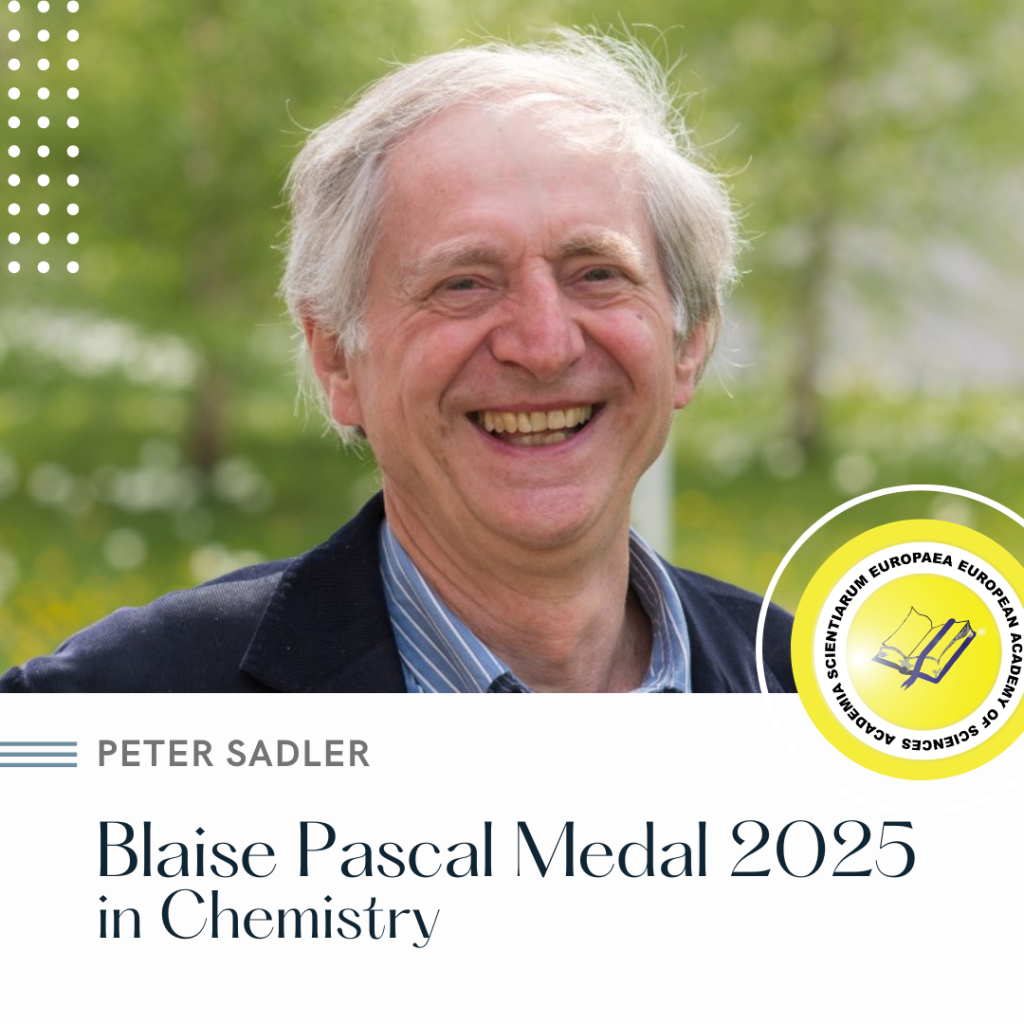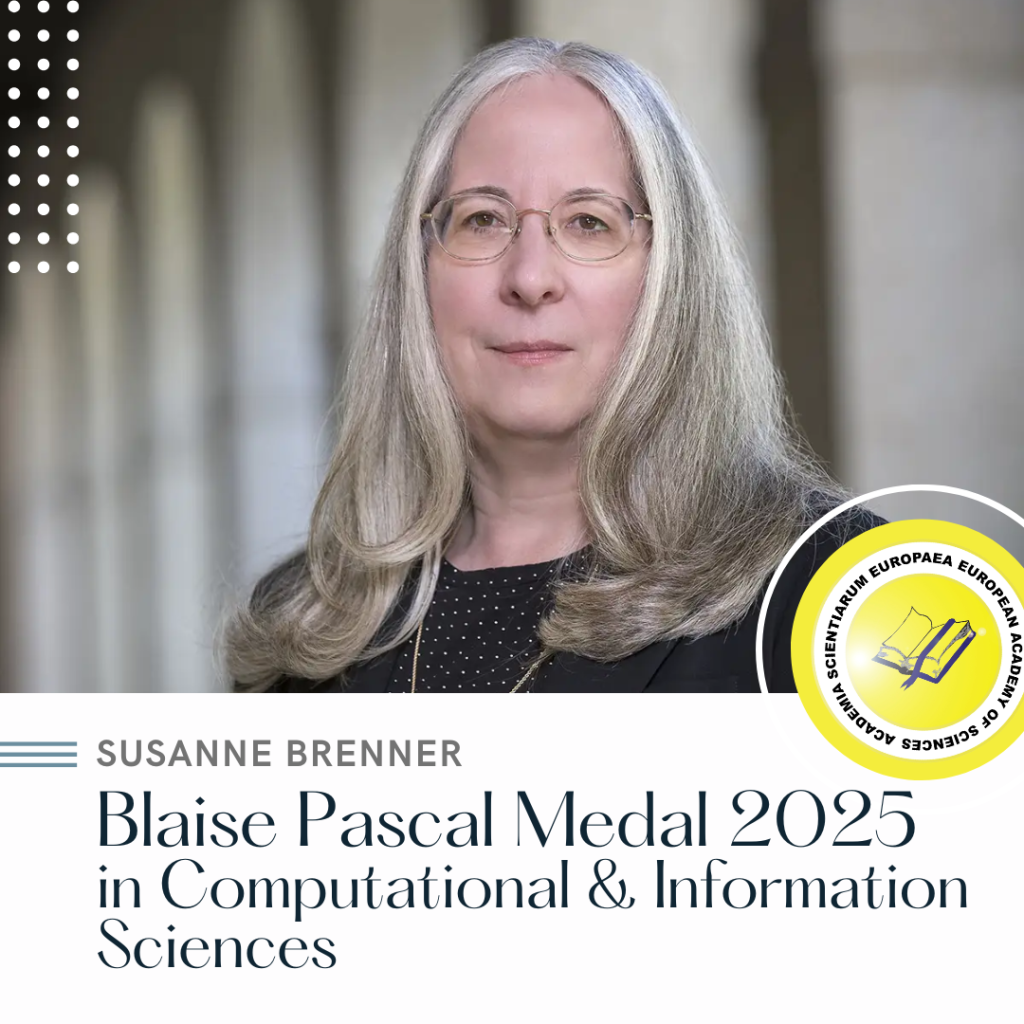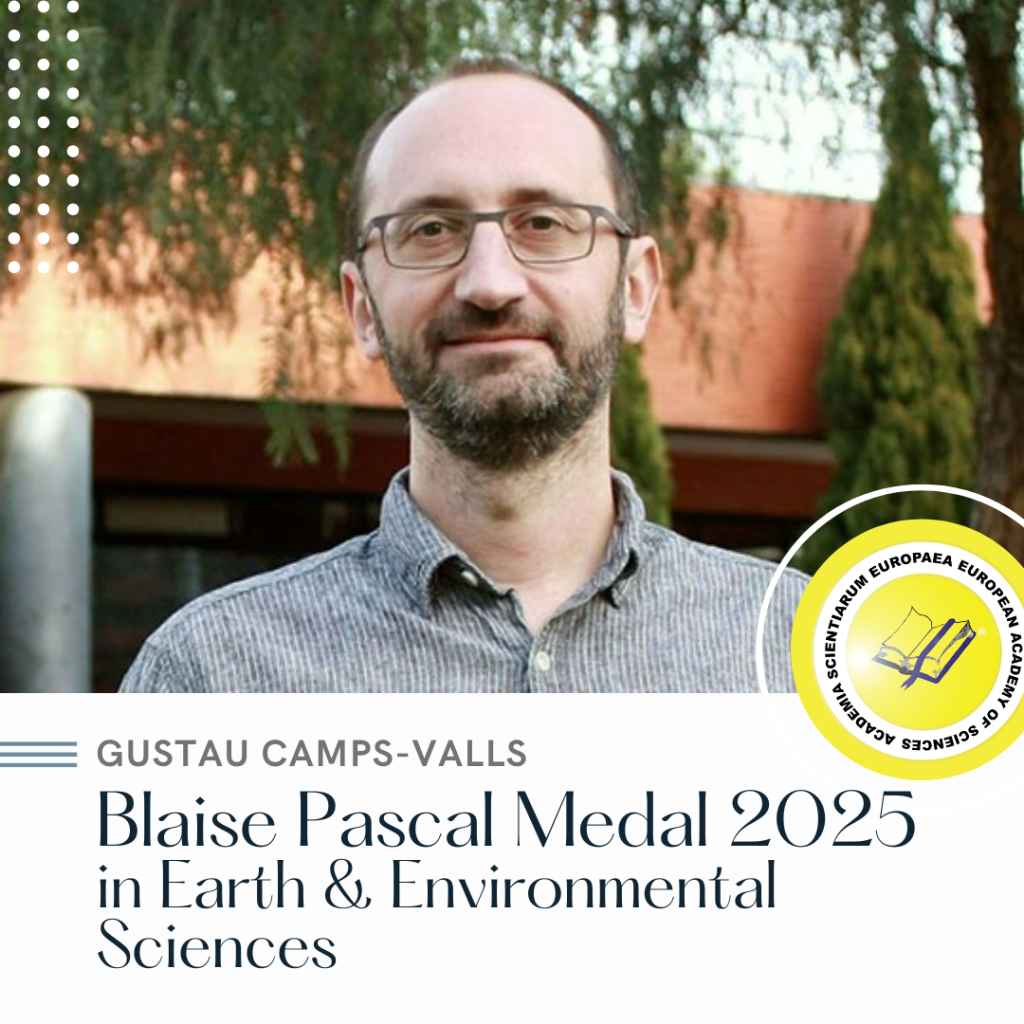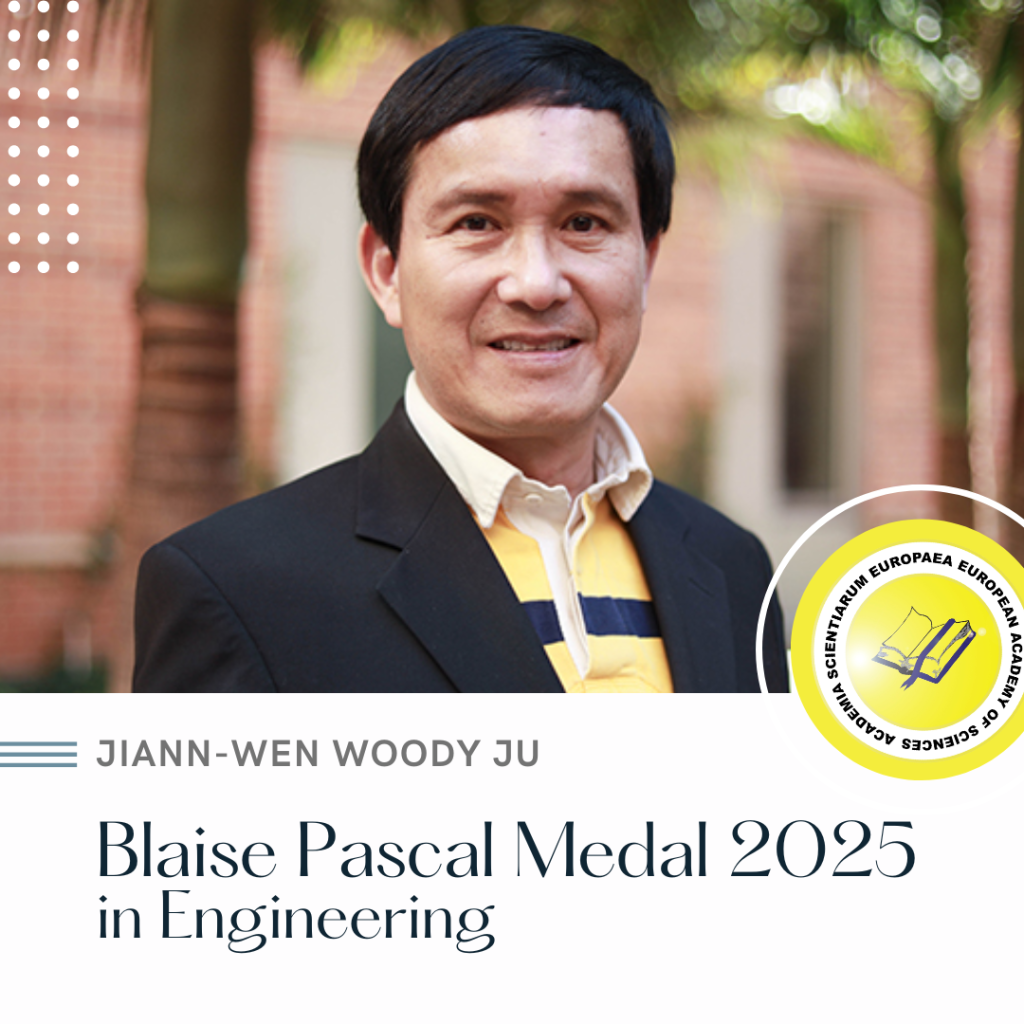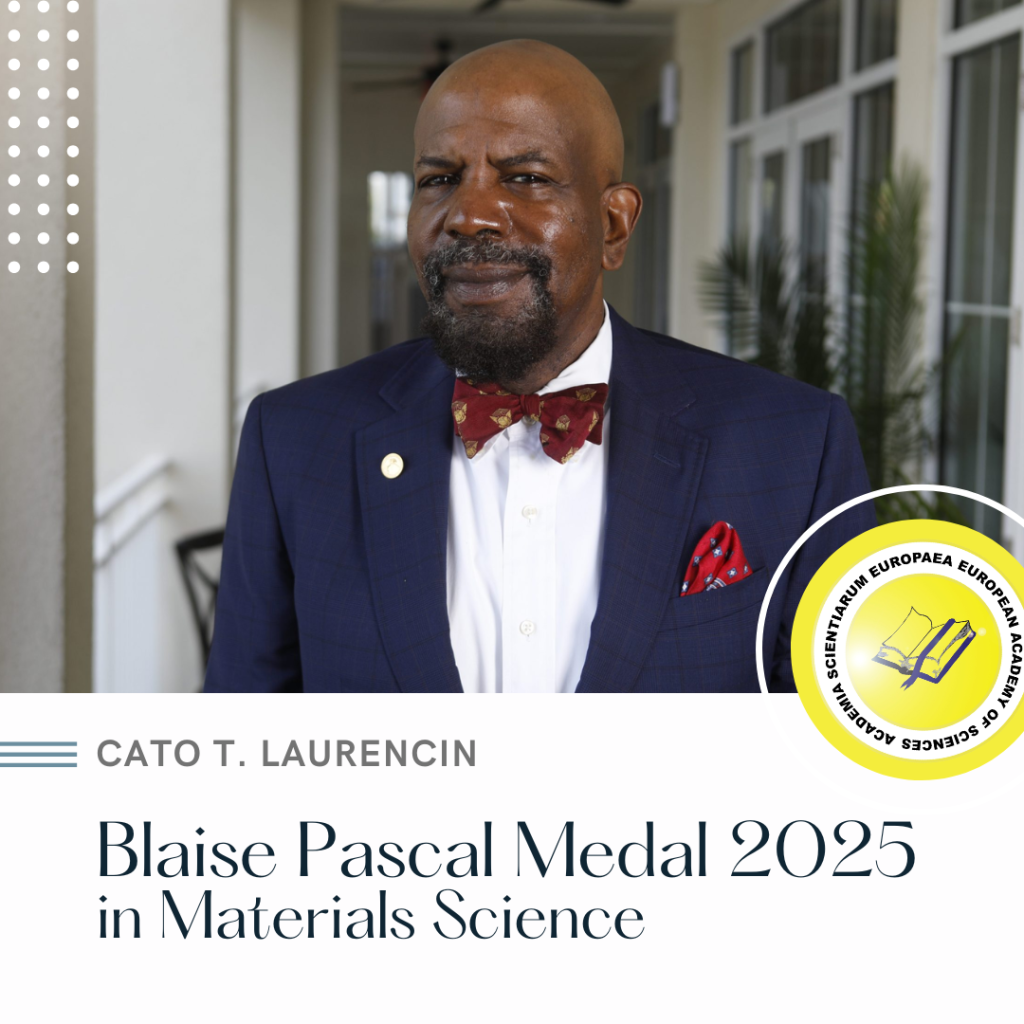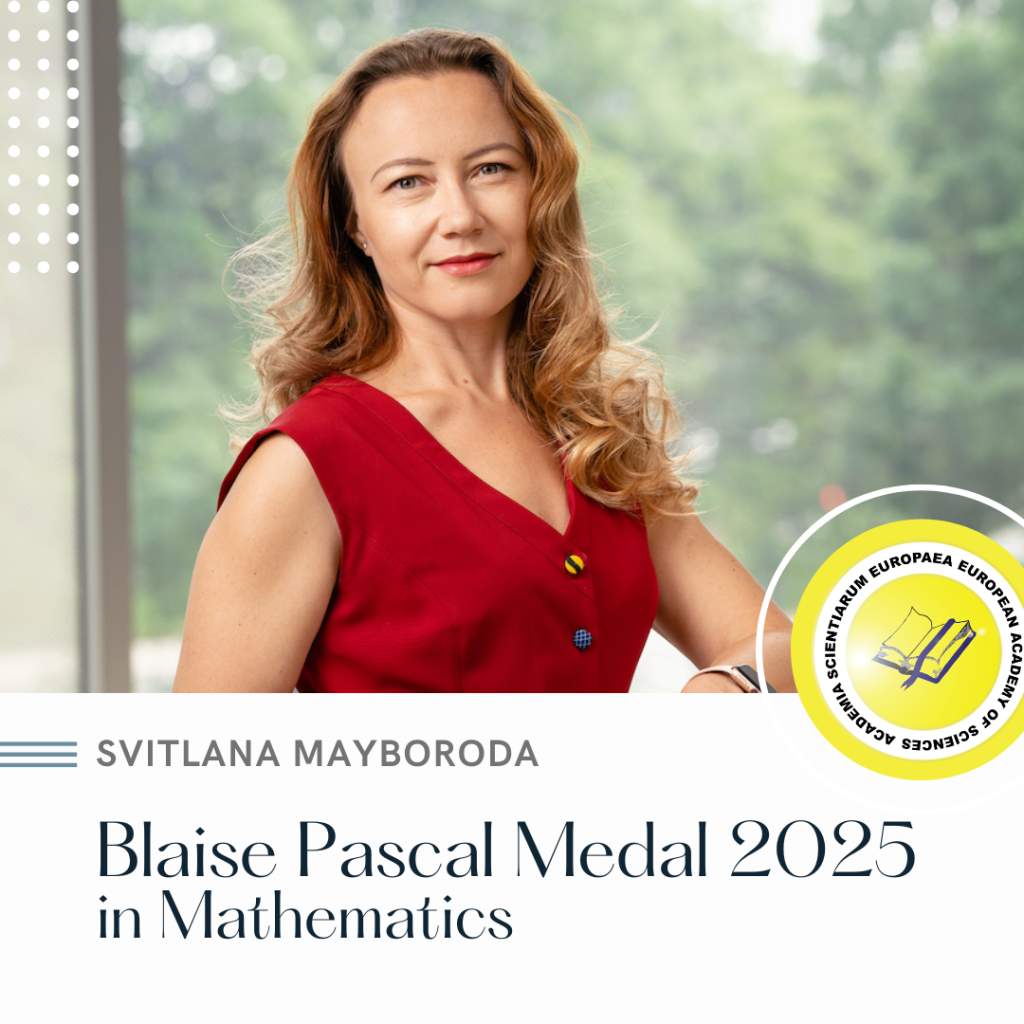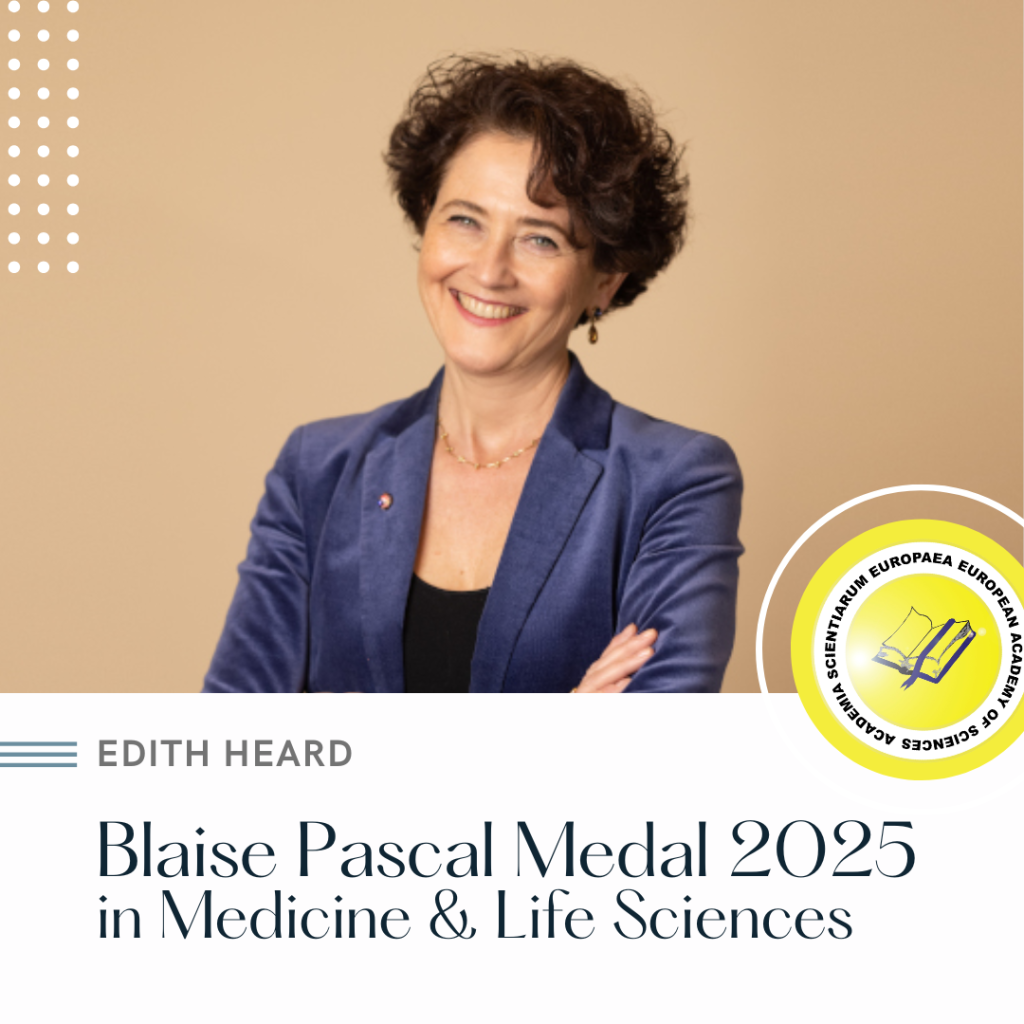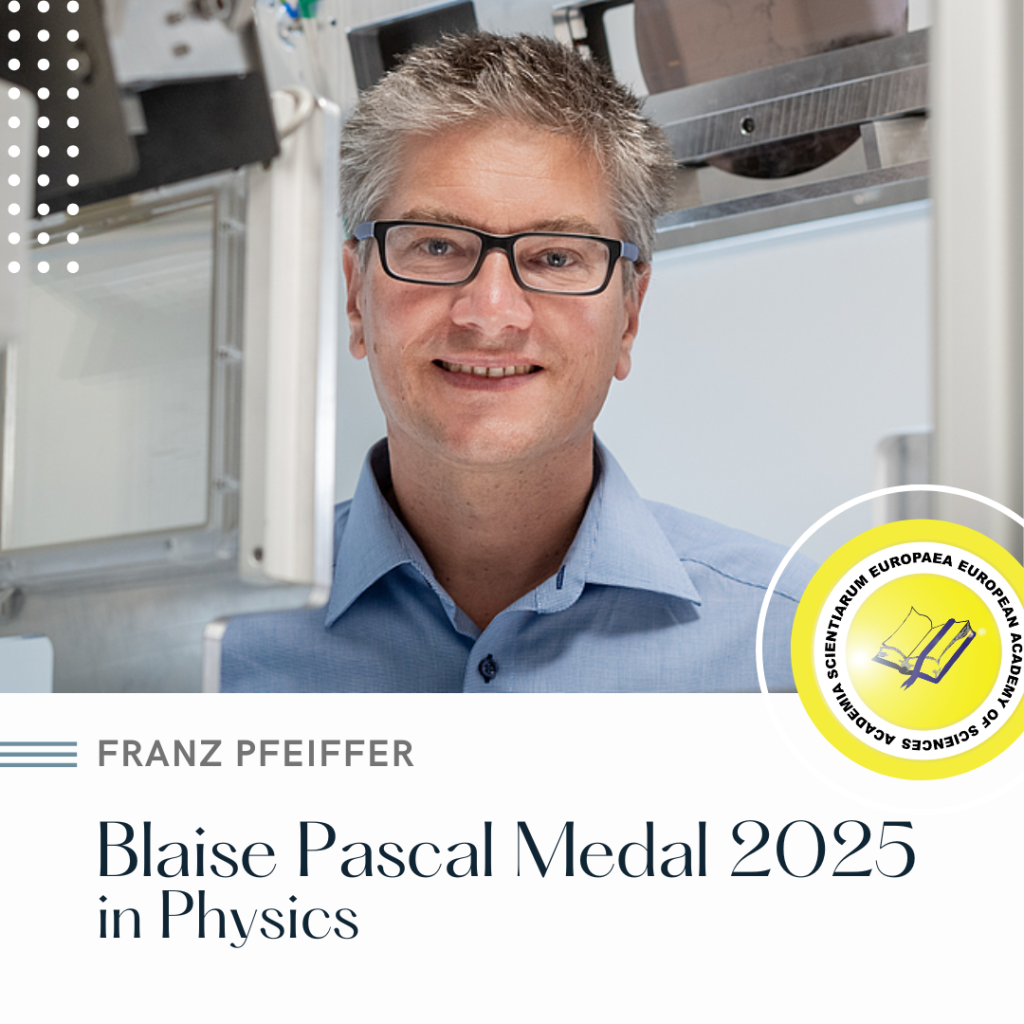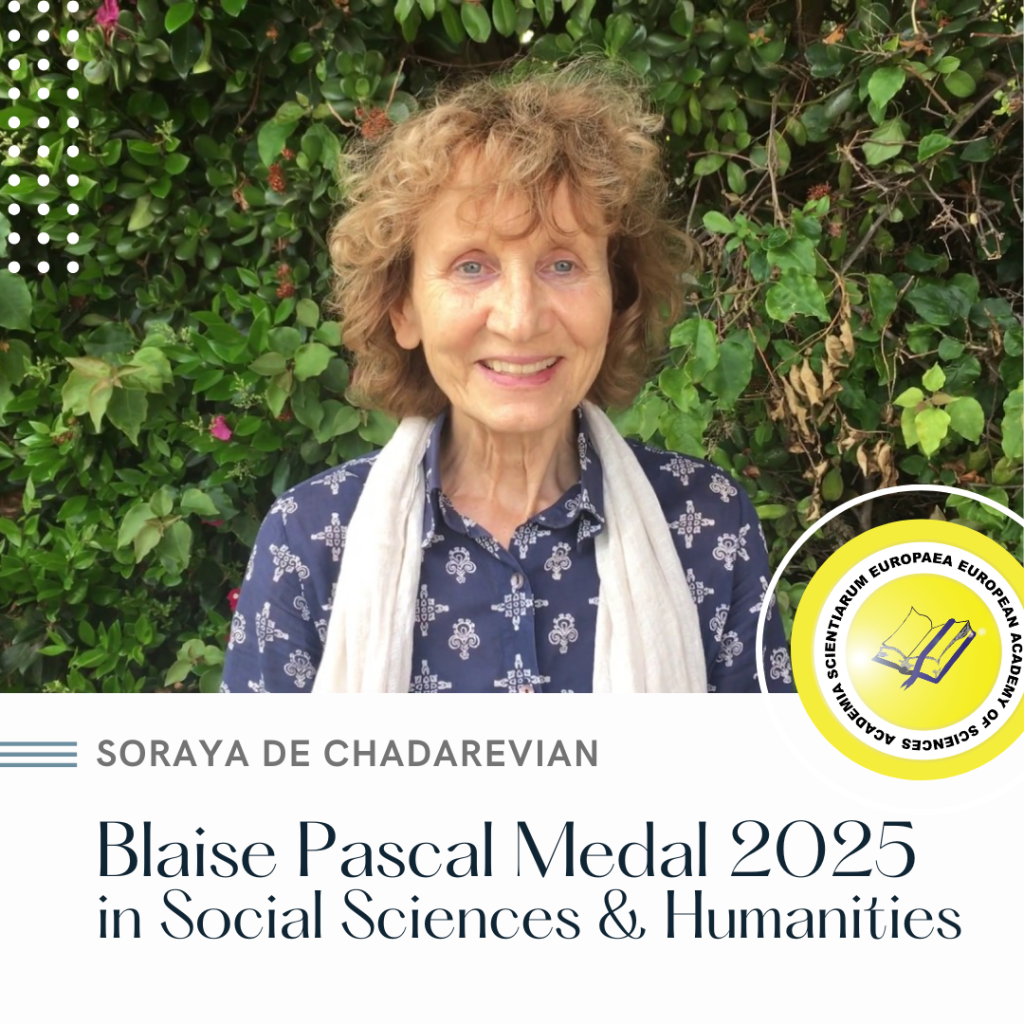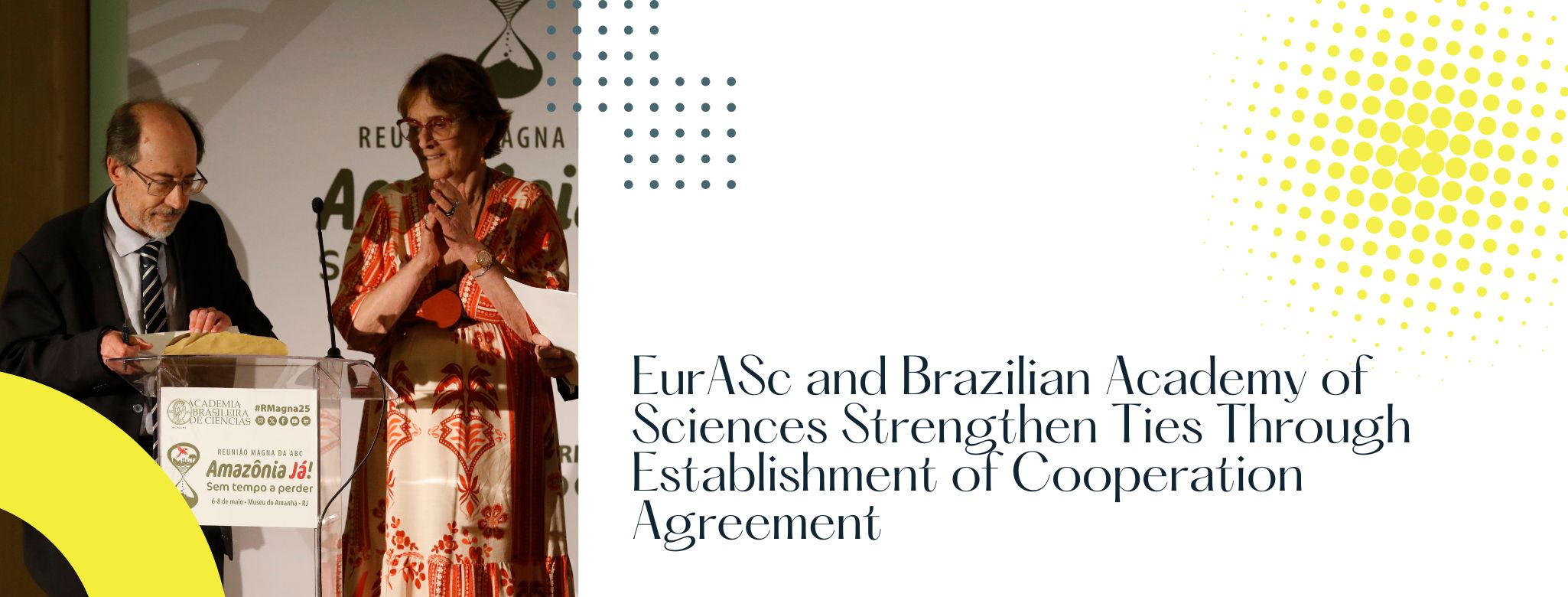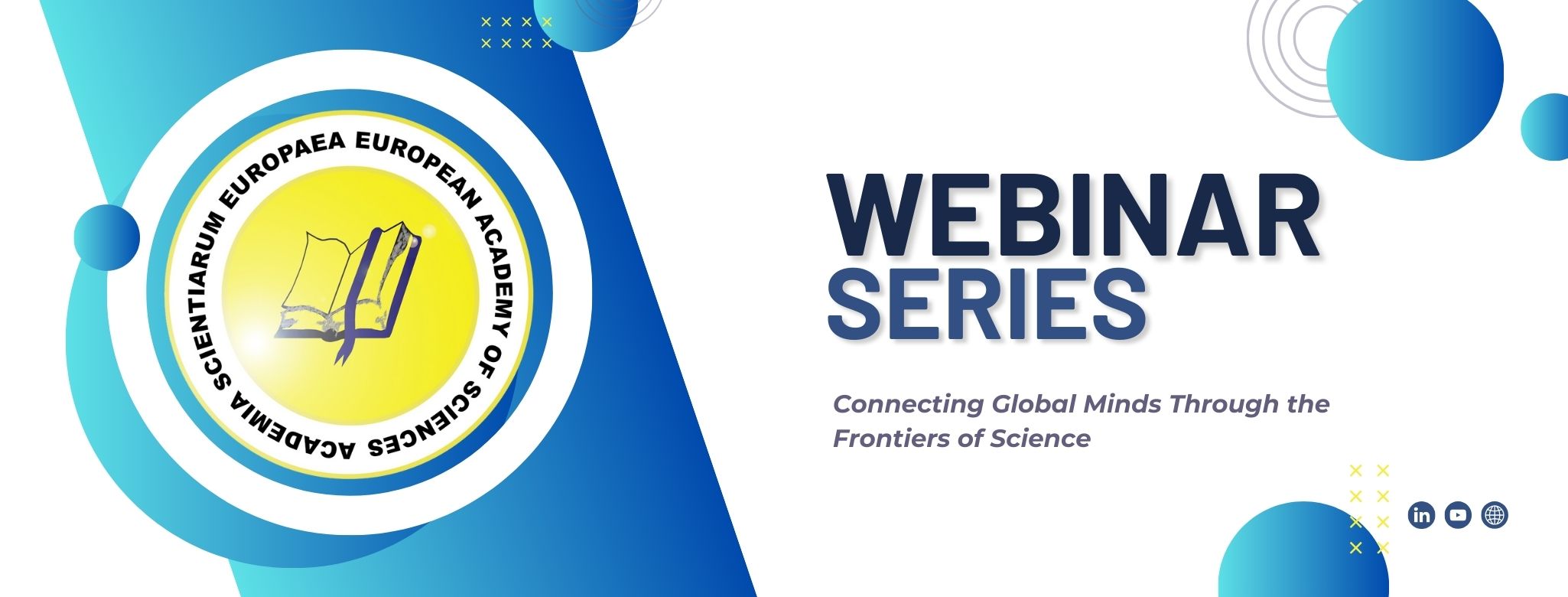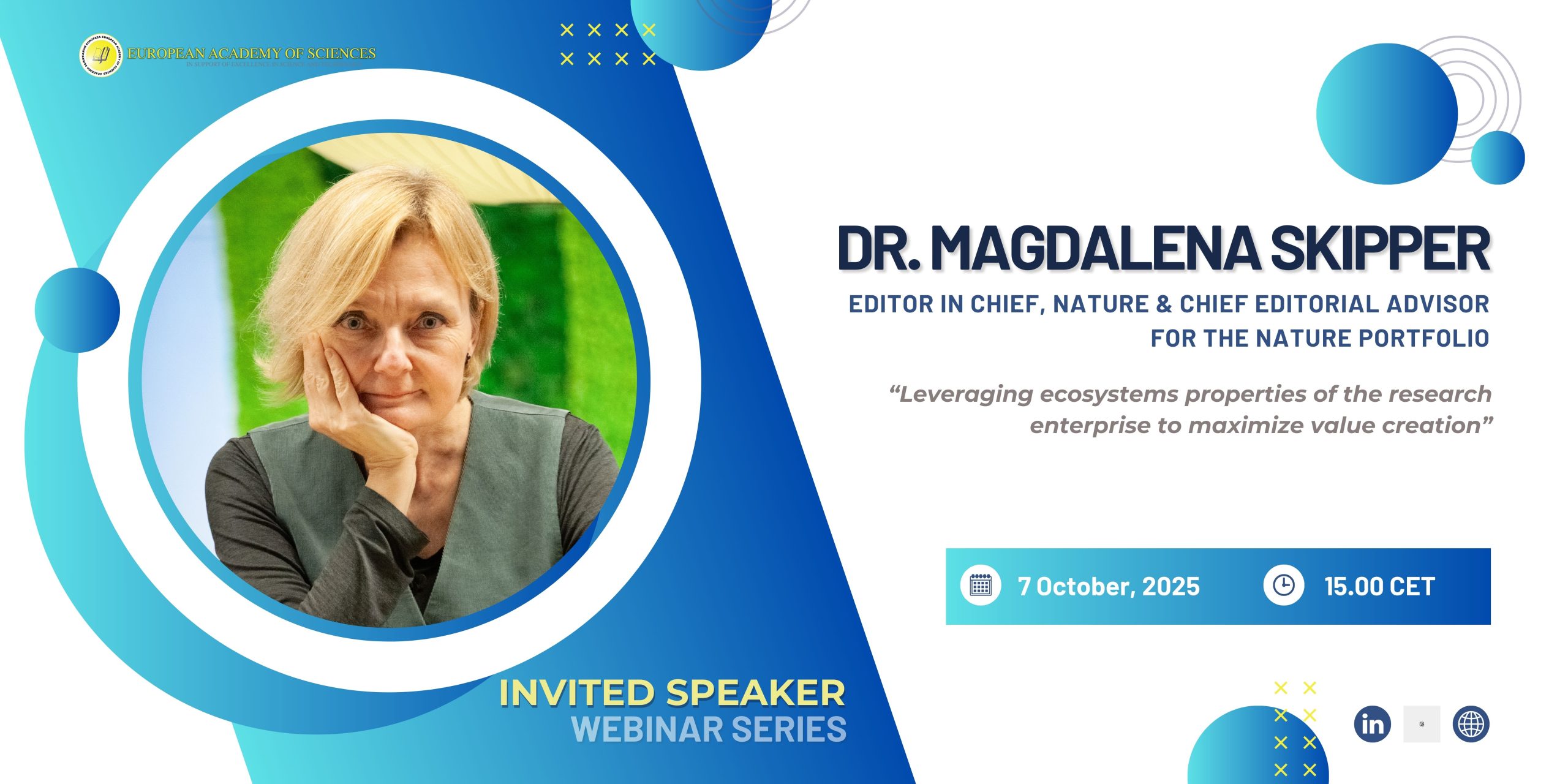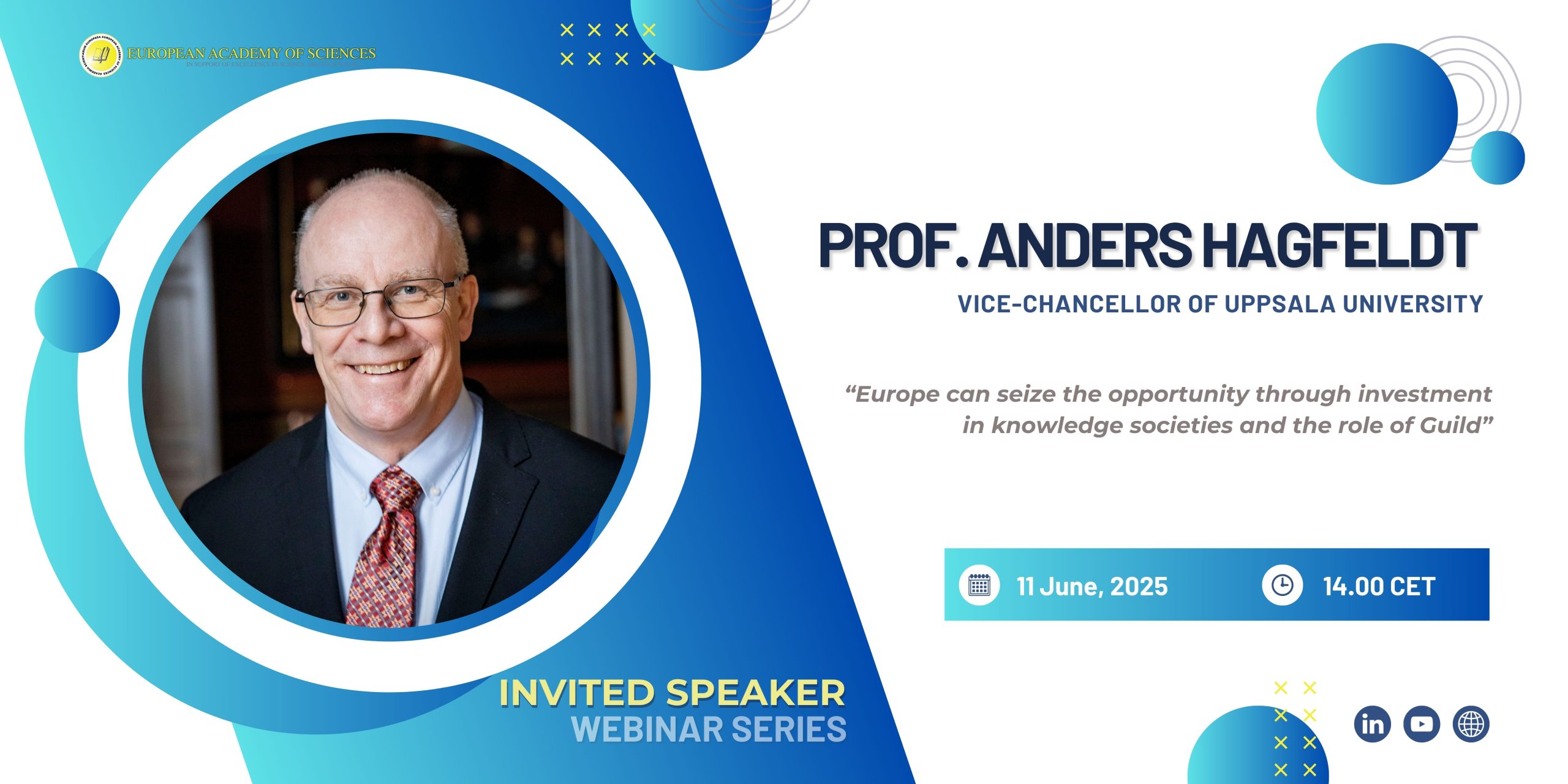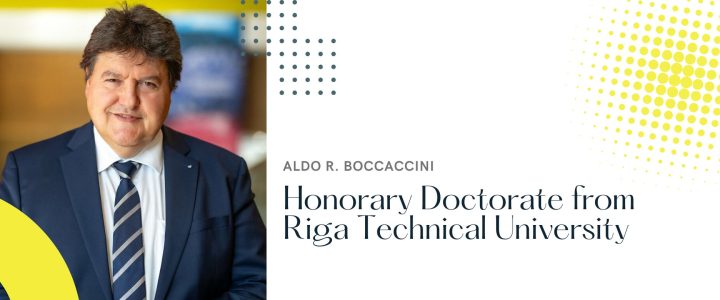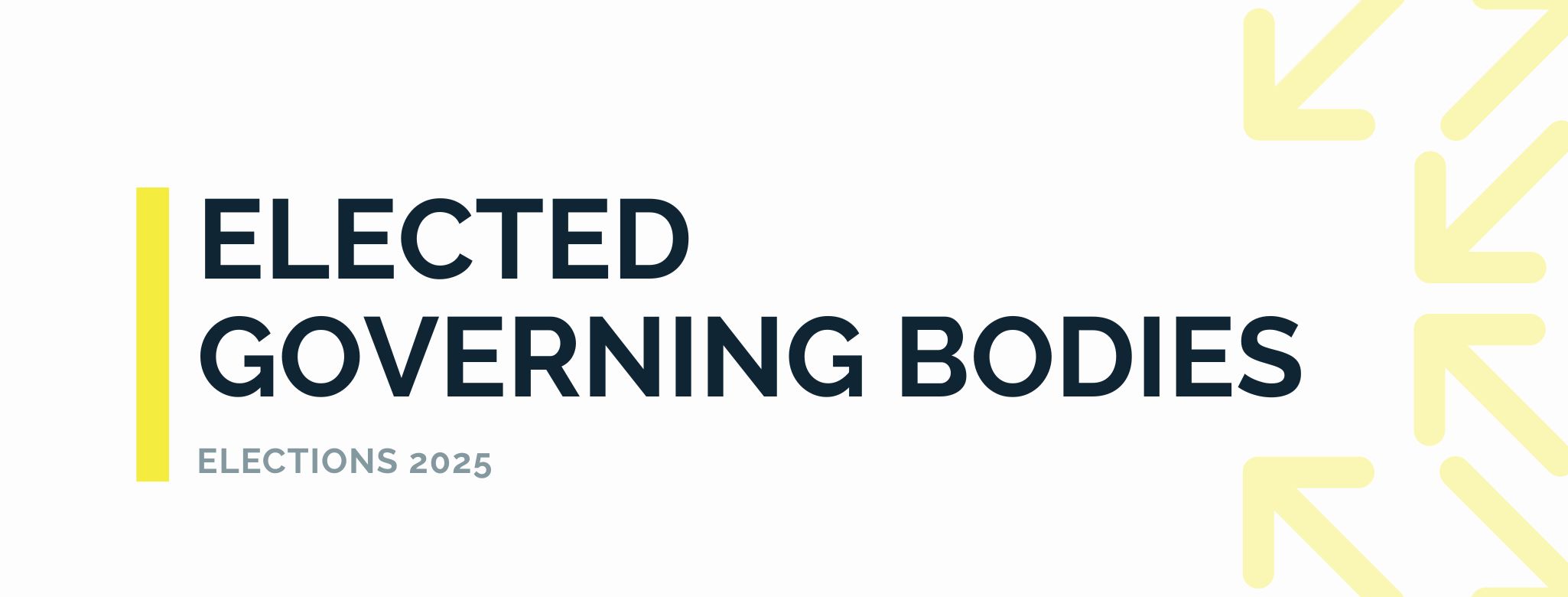
The European Academy of Sciences (EurASc) is pleased to announce the official results of the 2025 Elections of the Governing Bodies, conducted from 19 September to 8 October 2025.
The election process was carried out in full compliance with the Statutes and Bylaws of the Academy. Voting was conducted electronically and participation was open exclusively to Active Members of EurASc.
Elected Governing Bodies
PRESIDIUM MEMBERS
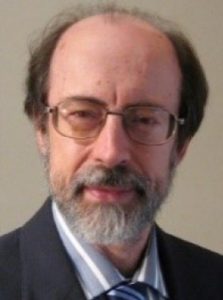
Armando Pombeiro
(1 November 2025 – 31 October 2029)
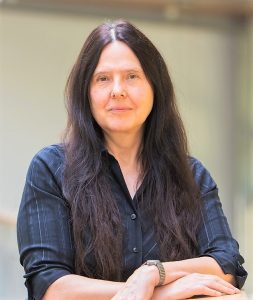
Evamarie Hey-Hawkins
(1 November 2025 – 31 October 2029)
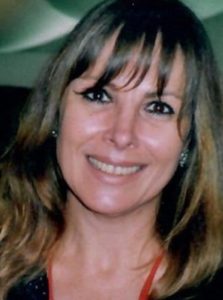
Natividad C.-Santamaria
Re-elected
(1 November 2025 – 31 October 2029)

Paul Lecoq
(1 November 2025 – 31 October 2029)
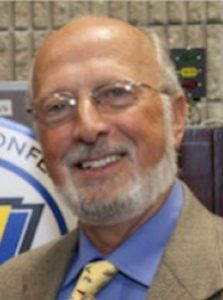
Richard Durst
Re-elected
(1 November 2025 – 31 October 2029)
The election was validated and certified by the Election Committee, composed of:
Prof. Antonio Camacho, Prof. Carl K. Chang, Prof. Ernst Wagner, and Prof. Quan Wang.
We extend our warmest congratulations to all elected officers and our sincere gratitude to all candidates and members who contributed to this important democratic process.
The newly elected President, Vice-President, and Presidium Members will formally take office on 1 November 2025.
EurASc thanks all members for their continued engagement and commitment to shaping the future of our Academy.




